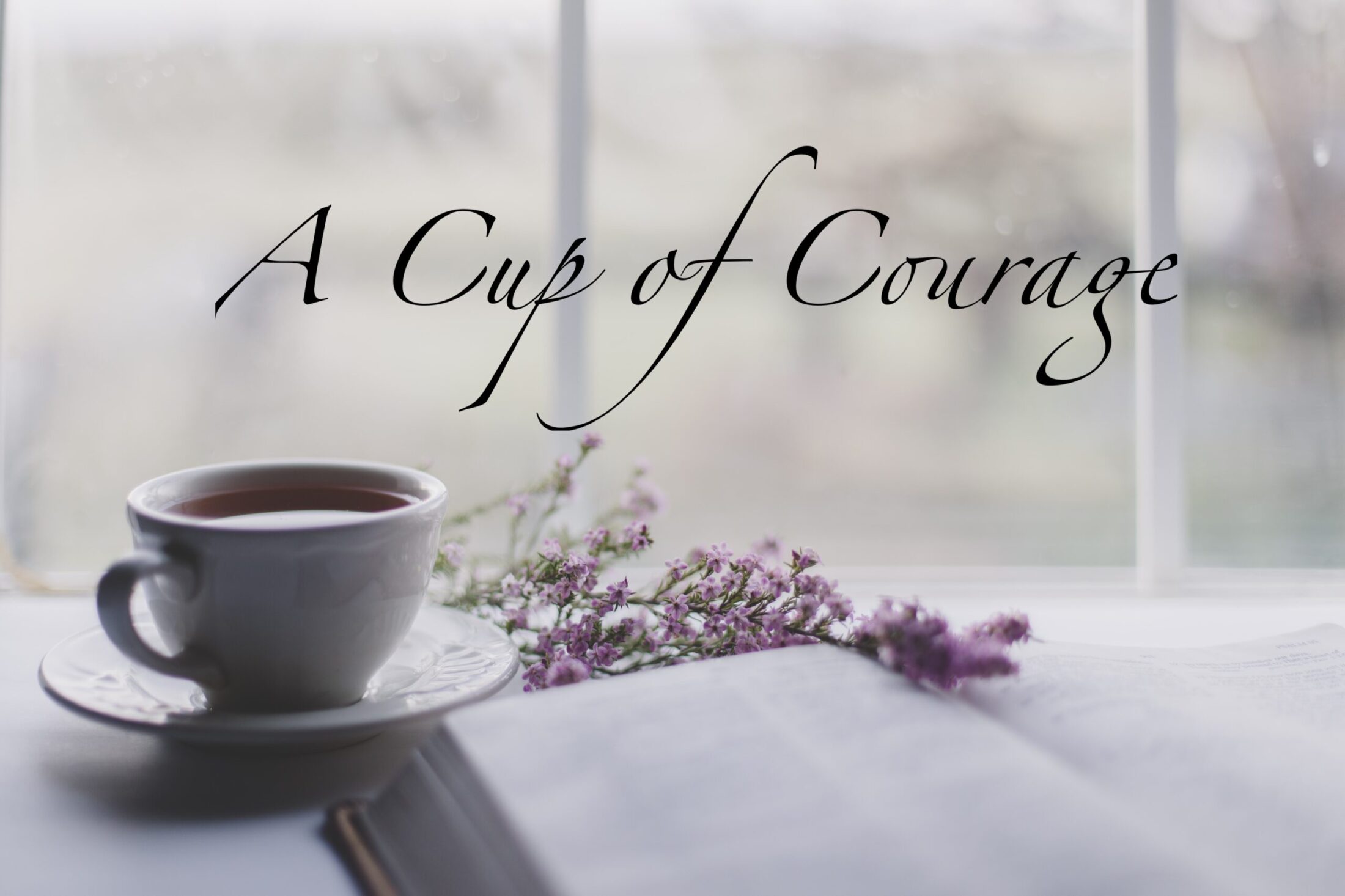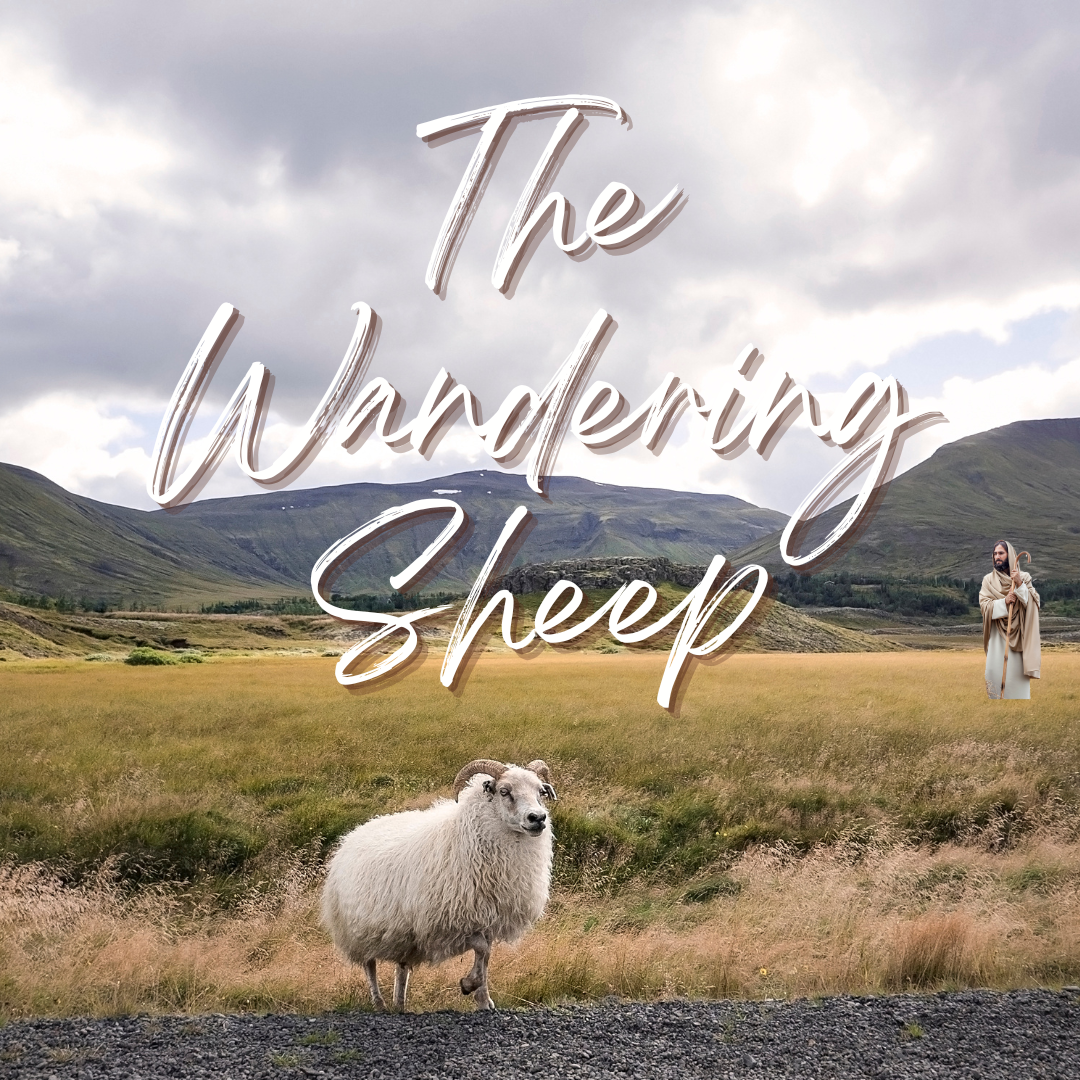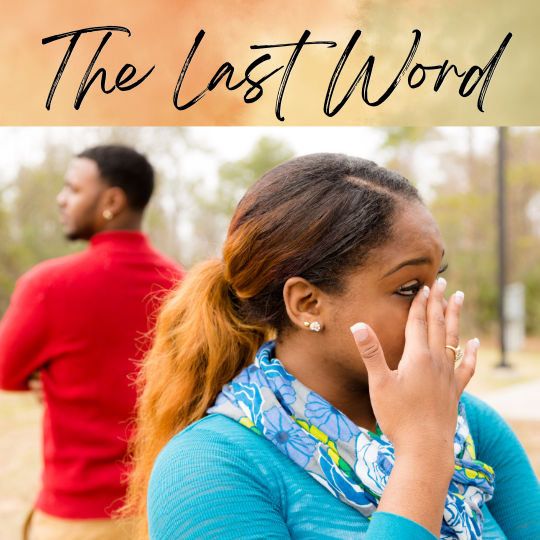The Cambridge Dictionary defines a pilgrim as “a person who makes a journey, often a long and difficult one, to a special place for religious reasons.”*
The Pilgrims have been lumped in with other groups and even vilified in recent years. This has nothing to do with my discussion today. I’ve always been plagued with some questions regarding these people. It would have been much easier to conform with the rest of the population; why didn’t they? Instead, they chose an uncertain, difficult, and deadly path. They refused to pretend, to conform, to compromise their beliefs. It makes me wonder, what gave them the courage, the resolve?
“But Jesus said to him, “No one, having put his hand to the plow and looking back, is fit for God’s Kingdom.”
The Dream of Freedom
The pilgrims believed that the Church of England wasn’t following the Bible. It wouldn’t listen to their concerns. Instead, the church fined people $25 a day for missing church services. Some pilgrims were imprisoned for holding the services that they felt honored God. Unlike today, there was no freedom to dissent. They pleaded, made their stand, paid their fines, and served their prison sentences for their beliefs. When nothing changed, they decided to they decided to leave all they knew and go to Holland for religious freedom. After a decade or so, they sailed to America. They dreamed of creating their colony with religious liberties. It was their place where they could make the rules and live according to their conscience. It came at such a cost.
“Dearly beloved, I beseech you as strangers and pilgrims abstain from fleshly lusts, which war against the soul.” 1 Peter 2:11 KBV
The Cost
When considering a journey of courage, I look at people and groups who had to stand against fear. What was it like to leave everything they knew? Were they lifted by excitement when boarding the ships? What did they tell themselves when the storms tossed their vessels and they thought they’d die? As they lay on their deathbeds, did they regret the chances they took? Or were they comforted that, unlike their oppressed former neighbors, they at least took the opportunity? Did they know that their desire and actions ignited a flame for religious freedom that continues today? Then I ask myself. Would I have the courage to take that plunge with no regrets? When facing the trials and difficulties of my choice, would I be like Lot’s wife and look back? Will resolve to turn to regret? Will I quit?
“The credit belongs to the man who is actually in the arena, whose face is marred by dust and sweat and blood, who strives valiantly, who errs and comes up short again and again, because there is no effort without error or shortcoming, but who knows the great enthusiasms, the great devotions, who spends himself in a worthy cause; who, at the best, knows, in the end, the triumph of high achievement, and who, at the worst, if he fails, at least he fails while daring greatly, so that his place shall never be with those cold and timid souls who knew neither victory nor defeat.” —Theodore Roosevelt Speech at the Sorbonne, Paris, April 23, 1910
Poem
I wrote this poem several years ago while contemplating the mindset of the Pilgrims. As people of faith, they looked to God as their guide, strength, and hope. They took a chance because they dreamed of freedom to live and worship according to their convictions. As we move into the Thanksgiving season, may we relish the fact that we have the freedom to disagree. We have the freedom to dissent. May we cherish, protect, and have the courage to stand for our beliefs.





